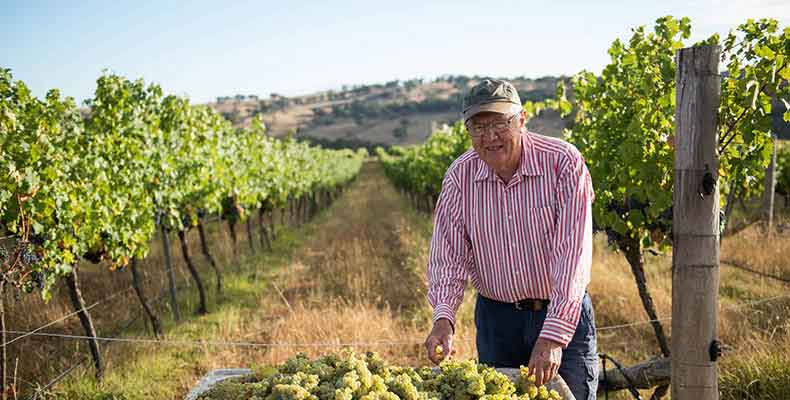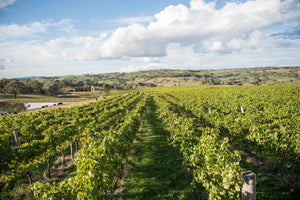Following a dedicated, six-year-long program, Ross Hill Wines met its main environmental sustainability goal in 2016 of producing carbon neutral wines. As such, Ross Hill Wines is the only wine company to be registered with the Australian Federal Government as an NCOS certified carbon neutral winery.

What does this mean? Carbon neutrality is achieved when a company or product’s net greenhouse gas emissions are equal to zero. Attaining Government certification involves more than just buying carbon credits – it’s about reducing a company’s carbon footprint and then offsetting any emissions that can’t be reduced. Ross Hill is one of only 38 NCOS certified companies in Australia. Some others include: Qantas; Energy Australia; Sensis; Austral Fisheries; Australian Paper and Virgin Australia.
Ross Hill Wines is leading the way by not only having the wine business itself certified but by having the actual wine they produce as certified carbon neutral as well. So, when you’re enjoying a Ross Hill wine you are actually doing your bit for the environment. And that’s got to be a great feeling to wash down with a glass of wine!
Ross Hill has long prided itself on a solid environmental policy and has carefully approached all aspects of its wine production process by adopting sustainable principles – from the vineyard to the hands-on winemaking procedures practiced.
Some Of These Principles Include:
- Increasing the existing solar panels from 10kw to a 44kw solar panel system
- Contributing less carbon emissions by minimising transport requirements
- Modifying electric motors to variable speed motors
- Reducing the number of tractor hours by 40%
- Changing all lighting to use less power for the same effect
- Improving insulation in the winery and on surrounding piping & tanks
- Introducing a waste recycling program
- Decreasing water usage by around 50%, thus requiring less pumping power
- Reducing the use of refrigeration in the winemaking process
- Use of low input viticulture and traditional winemaking techniques, including applying indigenous yeast cultures. This encourages biodiversity and minimises the need for artificial chemicals and additives
- Mulching and re-using waste from skins and seeds
- Using natural-based fertilisers
- Reduced irrigation impact by a program of mulching cover crops planted during the rows between autumn and winter
- Sheep grazing between vines after harvest – this reduces tractor hours, weeds and the use of fertilizers
- Rain water catchment from the roof of the winery

“Our environmental policy sees no use of chemical insecticides and a reduction of irrigation. Sheep graze between the vines after harvest, naturally eliminating weeds and increase soil nitrogen levels with their hooves. The techniques used are diverse and allow us to achieve our NCOS rating and to funnel the funds saved through the reduced energy costs back into the business.”
– Peter Robson
Source: https://www.rosshillwines.com.au/about-us/carbon-neutral-certification/

